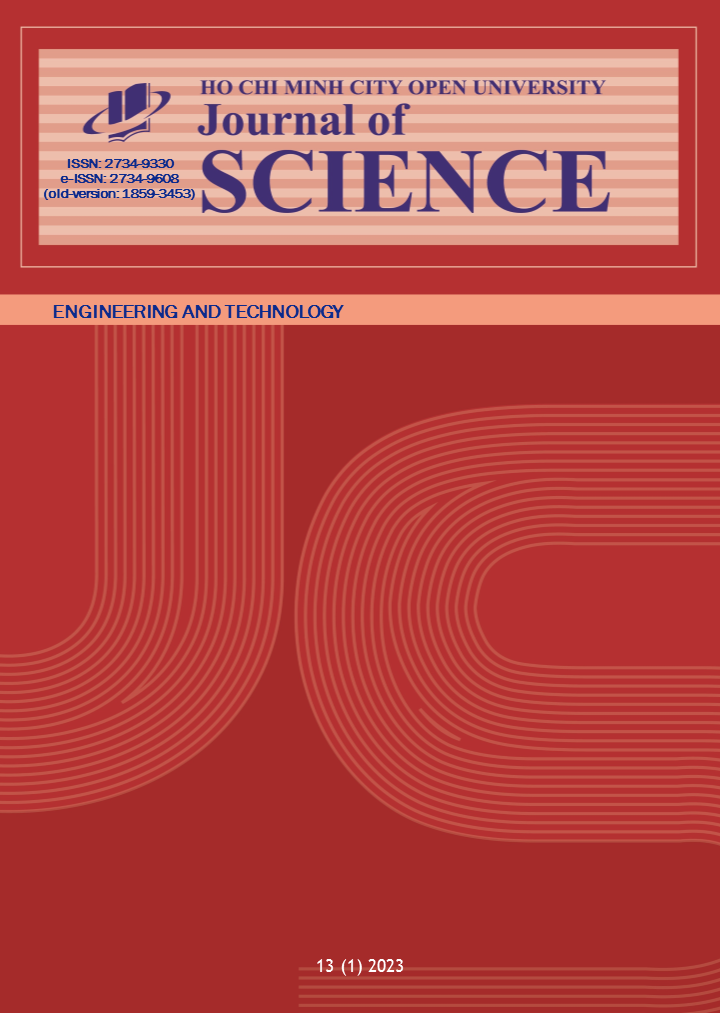Isolation and identification of Vibrio spp. with potential ability to produce polysaccharide monooxygenase from diseased Penaeus monodon
Tóm tắt
Polysaccharide monooxygenases (PMOs) and Glycoside Hydrolases (GH) play a crucial role in breaking down chitin and cellulose. Research on PMOs has mainly focused on their role in the production of bioethanol from biomass. Still, the potential of PMOs as virulence factors in microorganisms is not been fully studied. Some pathogenic bacteria secrete PMOs, which have been identified as virulence factors. The ability of Vibrio species to metabolize chitin is well-known, but the question of which Vibrio species contains the PMO gene remains unanswered. Materials and methods: Black tiger shrimp Penaeus monodon was collected from a culture pond in Long An, Vietnam. Thiosulfate-citrate-bile salts-sucrose and CHROMagar Vibrio agar were used to isolate, Vibrio bacteria from the shrimp samples. Mixed bases primers were designed to detect PMOs gene from Vibrio strains. Results: Total of 35 different strains of bacteria were isolated from the guts and pancreas of the shrimp sample. Based on biochemical tests, there were a total of 20 different Vibrio strains identified among 35 isolated strains. The PCR results showed that six isolates could have the PMOs gene. The partial 16S rDNA fragments of six isolate Vibrio strains were sequenced. Comparing 16S rDNA sequences with sequences available in NCBI databases revealed that all the sequences are Vibrio spp. 16S rDNA sequences.

